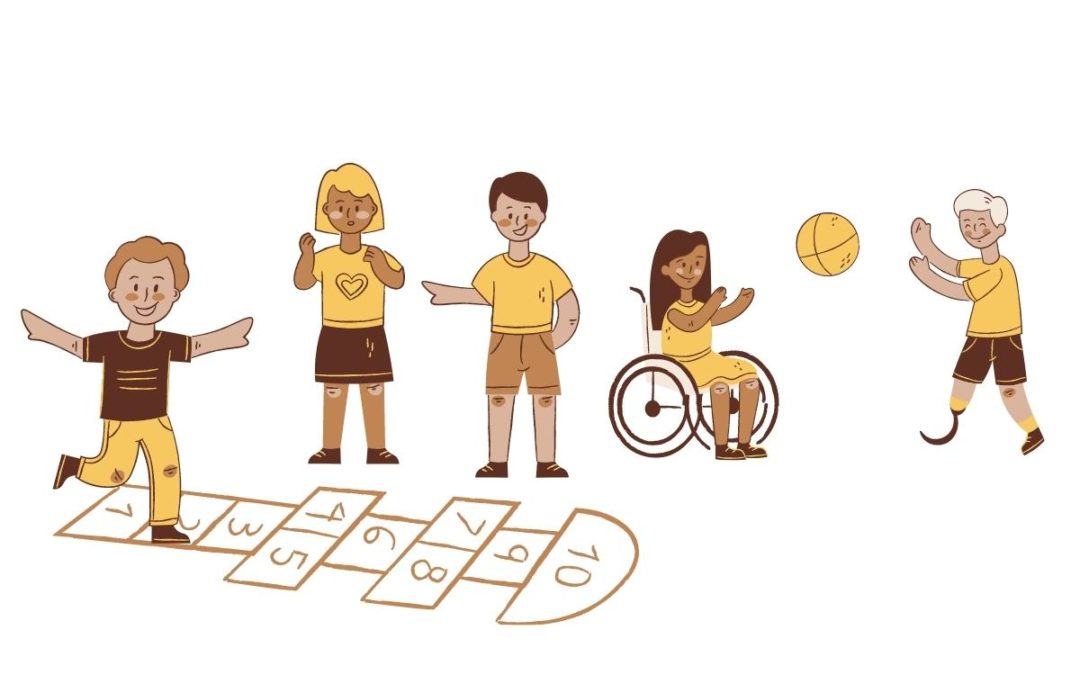With the start of a new year, many of us search for ways to make necessary changes in our lives. We write out our resolutions, make plans to join a gym and get fit, swear off cigarettes and processed food and set goals for weight loss or finding a new job. A New Year = A New You. January 1 gives us a chance for new beginnings and fresh starts. As parents, we look for ways to improve ourselves as well: to have more patience or spend more time with the kids and less time at work. And for parents whose relationship with a child has been broken, the new year offers hope and an opportunity to make things right again.
I don’t believe there is anything more painful or devastating to a parent than a damaged relationship with a child. Sullen silences, screaming fights or constant disappointment can take their toll. As parents, we love our children with a ferocity and an innate veracity that is difficult to contain, much less dish out in manageable spoonfuls. We want the best for our kids in every aspect of their lives. We want happiness for them. Success. Friendship. Love. Acceptance. Education. Money. Respect. We want to protect them. We want to guide them. We only want to help!
And yet, our love is not entirely selfless.
We want for our children the things we never had. We want them to do all the things we never did. We want them to do their best, try their hardest, make good decisions and learn from the mistakes we made. We want them to make us proud. This well-intentioned love is often not given as unconditionally as we may intend. A parent’s love for a child may come with high expectations, preconditions and a load of responsibility that can be overwhelming and feel unattainable to a child. When this happens, and it inevitably does, the relationship you have worked so hard to build can be marred. You feel betrayed. Your child feels hurt. Guilt, anger, resentment and disappointment can be devastating emotions that strip away at your heart and your child’s heart until a rift between you runs deep and prevents you from having the close, meaningful relationship God intended a parent and child to have. Obviously, parents of teenagers may find themselves in this situation more often than parents of young children, but no parent and child are immune. Even very young children learn quickly the repercussions when they have disappointed or angered a parent. A parent/child relationship is based on trust between both parties, and there are many factors that can contribute to breaking or damaging trust: dishonesty, making poor choices, defiance, rebellion, words spoken in anger, a broken confidence and many others. The most important step in rebuilding or reshaping your relationship with your child is finding a way to trust each other again.
As with any relationship, rarely does all the blame for a problem fall on one person, and it is no different with a parent and child. When we are called on to parent — set boundaries, discipline, enforce accountability, etc. — making unpopular decisions is just part of the job. And believe it or not, screwing up is part of your child’s job. By trying out different options, children learn the best way to go about handling various situations. Sometimes they make good choices, sometimes not so good. It’s a process, and they are learning on the job. Parents, too, are often forced to learn-as-they-go. The way we go about parenting is where many of us make the mistakes that can irreparably harm our relationship with our child.
Most of us are smart enough to know our weaknesses. For me, it is sarcasm. When I get angry or upset with my kids, the first thing that pops out of my mouth is typically sarcastic. “What? Did a bug crawl in your ear and inhibit your hearing when I asked if you had finished your homework?” Sarcasm does nothing but cause anger and resentment in a child. I know this, and yet holding back sarcastic words feels impossible sometimes. I’m ashamed to say I have brought my kids to tears with my sarcasm. It is immature, unproductive and damaging to my relationship with my children. Recognizing your mistakes and making adjustments in your behavior is an important step in mending a broken relationship with a child.
More than anything money can buy, a child needs a close, loving relationship with his or her parents in order to grow and mature into a productive, healthy adult. Every day, with every decision you make and with each word that comes out of your mouth, you are building up or tearing down that relationship. Here are some suggestions to keep you on the path to a strong, healthy and whole relationship with your child:
1. Say “I’m sorry.” We all make mistakes. Recognize when you have messed up and apologize. Be sincere and forthright. It is one of the most important life skills you can teach your child.
2. Listen. Being a parent isn’t all about teaching and preaching. In a relationship, both parties have the right to be heard. Listen to your child, and give his or her opinions the respect and consideration they deserve.
3. Allow for mistakes. No matter how hard you work as a parent, kids will still be kids, and they will mess up. Many kids have to learn lessons the hard way. Instead of trying to forbid the mistake, help them to recognize where they went wrong and what they can do to prevent it from happening again in the future.
4. Show maturity. Communication between a parent and child can quickly become heated. Don’t scream, hit or throw things in anger. Model maturity for your child in your words and actions. He or she will learn by your example.
5. Forgive. Don’t hold grudges or bring up past misdeeds. Once a child has sincerely apologized or shown a sincere attempt to stop the unwanted behavior, let it go.
6. Keep confidence. Nothing will damage your child’s trust and respect for you faster than if you break a confidence or fail to keep your word.
7. Discipline. The experts say kids need and want this, and I believe it to be true. Set boundaries, be consistent, and allow for consequences, good and bad.
8. Say “I love you.” Say it, show it, mean it. There should never be any doubt in a child’s mind that you love him or her. Don’t ever withhold your love or make it conditional on his or her actions.









0 Comments